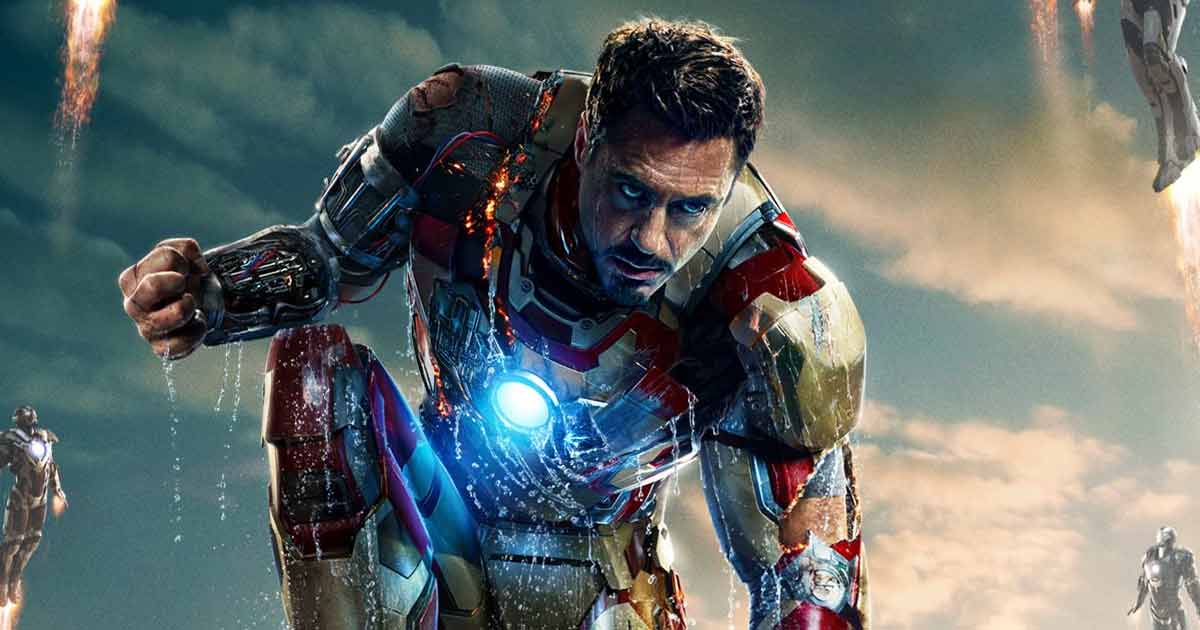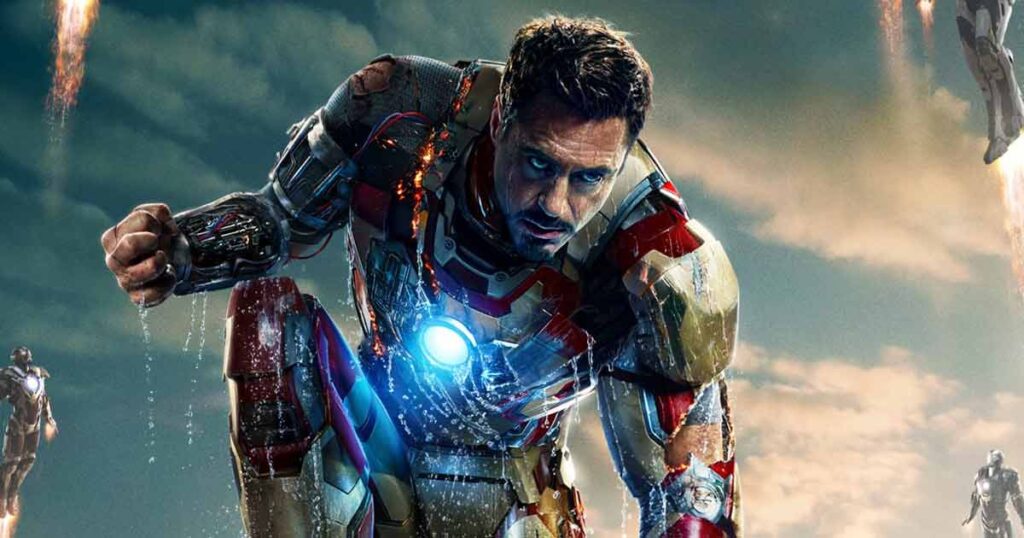
When Iron Man hit theaters in 2008, it kicked off the Marvel Cinematic Universe in style. But the Pentagon wasn’t just standing by as a spectator behind the scenes.
The U.S. military has a vested interest in these films, providing access to real military assets and ensuring a sense of authenticity. But, as filmmakers soon learned, this involvement comes with high expectations and specific standards to meet.
One of the key players in this approval process was Philip Strub, the Pentagon official overseeing fictional films. He had a particular bone to pick with director Jon Favreau. Their disagreements ranged from minor dialogue tweaks to major plot points. For example, one heated exchange centered around a line where a military officer suggested that people would “kill themselves” for opportunities. Strub hated it and pushed for alternatives. The tension between the two escalated on set, culminating in Favreau’s exasperated suggestion that they’d “walk over hot coals.” Strub, surprisingly, accepted that compromise.
But this wasn’t just a matter of dialogue; it was about the entire portrayal of Tony Stark. Originally, the script depicted Stark as an anti-arms dealer—outraged by how his technology was twisted into destructive weapons. In his own words, he was trying to “save lives,” not destroy them. However, the Pentagon wasn’t on board with that narrative. Given their routine dealings with arms manufacturers, they pushed for a rewrite, forcing Stark to become an arms dealer himself.
The government’s influence didn’t stop there. The overarching message about the ethics of arms dealing was also muted. Despite Stark’s character arc leading him to realize the consequences of his inventions, the explicit condemnation of arms dealing was stripped from the film. In essence, the Pentagon didn’t want to see arms dealers depicted in a negative light, which shaped the moral undertones of the entire movie.
Interestingly, while Iron Man still conveyed many of the same themes—like responsibility and the impact of technology—the changes made for a much different story than originally envisioned. Stark’s evolution was significant, but the core message got muddled. Instead of critiquing the arms industry, the film ended up reinforcing Stark’s role within it.
Fast forward to today, and it’s evident that the Marvel Cinematic Universe has reached a point where it can operate without military approval. After Iron Man’s success, Marvel became less reliant on the Pentagon, even disregarding objections in later films, such as the climactic showdown in The Avengers. They eventually negotiated a deal with the Pentagon for Captain Marvel, but the landscape had shifted significantly.
So, there you have it! The transformation of Tony Stark from an anti-arms dealer to an arms dealer shows how external influences can shape storytelling in Hollywood. The U.S. government’s insistence on a more favorable portrayal of arms dealing shifted a major plot point in Iron Man, illustrating the complex relationship between filmmakers and military approval. In the end, the creativity of Hollywood often dances a fine line with the expectations of its biggest stakeholders!
Must Read: When Margot Robbie Shared A Horrific Incident While Vacationing In Nicaragua, “I Found A…”
Follow Us: Facebook | Instagram | Twitter | Youtube | Google News

